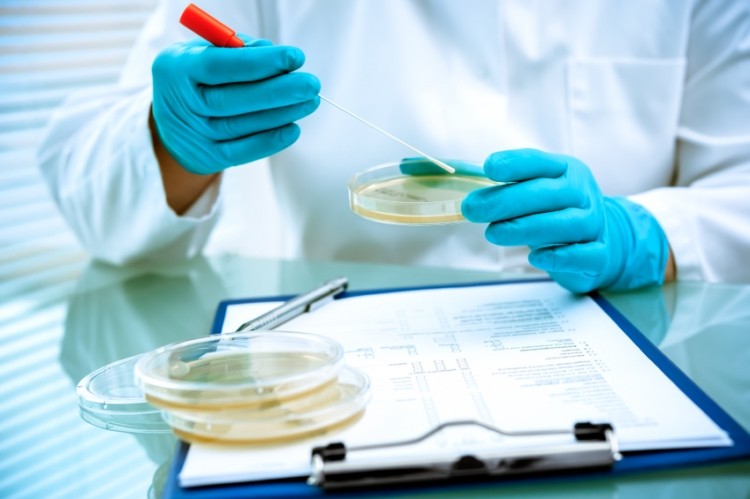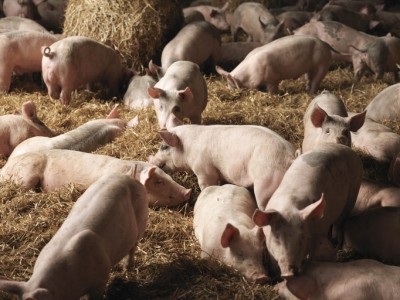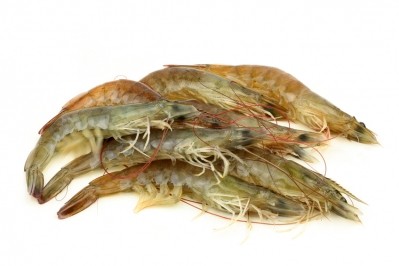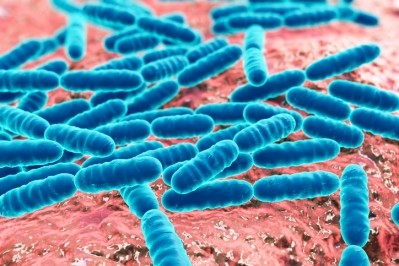‘Study underscores role of probiotics on rumen development’

That company’s research manager, Dr Frédérique Chaucheyras-Durand, presented new insights this week into rumen development from recent research on lambs she conducted with a team based at the French Agronomical Research Institute (INRA).
She told an audience at the Beneficial Microbes Conference in Amsterdam the findings indicate early maternal separation has a negative impact on rumen colonization by key microbial populations.
The study relied on DNA-based techniques such as qPCR and amplicon sequencing to examine the microbiota abundance, diversity and composition at different time points between birth up and to 60 days of age, explained Chaucheyras-Durand
The team looked at functionally important populations such as fiber-degrading microorganisms in the presence, or not, of a symbiotic feed additive, which was a combination of Saccharomyces cerevisiae CNCM I-1077 and yeast metabolites.
She said the researchers observed no significant establishment of ciliate protozoa, fungi and Fibrobacter succinogenes in lambs fed milk replacer. However, noted Dr Chaucheyras-Durand, when the lambs received the symbiotic feed additive, in addition to milk replacer and starter feed, the team observed earlier rumen colonization by those important players in fiber degradation.
That finding, she added, suggests the additive accelerated the maturation of the rumen microbial ecosystem in young animals, which could, in turn, have a positive effect on animal performance and health both before and after weaning, in particular with an increase in grain intake and a reduced frequency of diarrhea.
Research insights
We caught up with Dr Chaucheyras-Durand to hear more:
FeedNavigator: Why were lambs evaluated?
Chaucheyras-Durand: “Lambs have been considered as a good model for young ruminants and rumen microbiota development, in general, and most of the existing literature on early microbial colonization in ruminant is on lambs. Moreover, the project was financially supported by a French region in which this rearing mode is very common and where several issues have been identified such as decreased performance, high mortality and morbidity.”
FeedNavigator: Can the results equally apply to beef and dairy calves?
Chaucheyras-Durand: “The data found here suggest that similar results can be expected for ruminants separated soon after birth from the dam. Thus, it might be obtained in dairy calves, as newborns are generally separated from their mothers during the first hours post calving and reared in isolation. In beef calves, contacts with the cow and other ruminants are more frequent so the kinetics of colonization may be less modified.”
FeedNavigator: What is the mode of action of Saccharomyces cerevisiae CNCM I-1077 and yeast metabolites and how do they work in synergy?
Dr Chaucheyras-Durand: “As demonstrated in several publications, this strain of live yeast is able to interact with rumen microbial populations and the ruminal environment. The viable yeast cells are able to stimulate fiber degrading bacteria and fungi, control lactate production and rumen pH and provide a more anaerobic environment which in turn improves rumen function.
“The combination with yeast metabolites used in this study proved efficient to increase rumen microbial fermentations in in vitro models. In the context of immature rumen, our purpose was to provide as many supports as possible to the microbiota to ensure optimal establishment, which is key for rumen development.”
FeedNavigator: What was in the starter feed and does the interaction of the feed additive with the starter feed matter in this regard?
Dr Chaucheyras-Durand: “The starter feed was a common starter used in lamb production, in which no additive was included basically. The live yeast based additive was incorporated at the feed mill to the supplemented starter feed before pelleting; the control starter had no additive.”
FeedNavigator: How can the results be extrapolated to say the use of the additive can result in an increase in grain intake and a reduced frequency of diarrhea?
Dr Chaucheyras-Durand: “The development of the rumen microflora directly influences the capacity of young ruminants to ingest and digest grain and solid feed. We did not measure feed intake in our study as the lambs of each group were in the same pen. Lambs were reared in a good quality environment so we did not record any health related issues.
“We used test kits for classical pathogen detection in lamb feces. Qualitative evaluation (presence or absence) of Rotavirus group A, E. coli attachment factor F5 (K99), Cryptosporidium, Clostridium perfringens and its epsilon toxin was performed but we showed that sanitary status was good in both groups of lambs.
“However, previous studies conducted in calves fed with live yeast Saccharomyces cerevisiae CNCM I-1077 soon after birth show a better start of the calves regarding grain intake, growth and reduced scours duration and associated veterinary costs (Galvao et al. 2005) which suggests that this additive can have a beneficial role in early phases of rumen development by positively modulating rumen colonization by key functional microbial communities.”
Source: Beneficial Microbes Conference
Title: Probiotics: a second mother for newborn lambs in ruminal microbial establishment
Authors: F. Chaucheyras-Durand Fréderique, A. Ameilbonne, P. Auffret, L. Dunière, E. Forano














